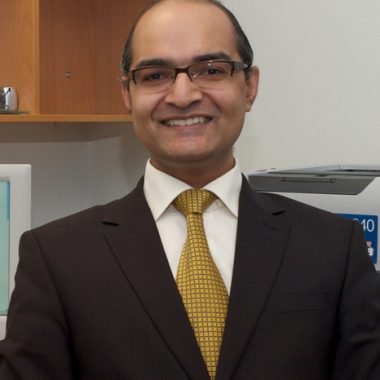According to the new GP contract for 2015, everybody should be able to view the coded information in their GP record by next April. Some practices, including ours, are already doing this and more.
But we need to ensure that, when we share information, we comply with the ‘no decision about me without me’ principle while minimising the risk of harm as per the Data Protection Act.
What we did
In 2006 my practice started to offer patients access to their full electronic health records. We developed a three-stage process to secure we obtained explicit consent from patients.1
First, patients collect a PIN from reception that activates their account and allows them to register online.
Second, patients complete an online or paper questionnaire to demonstrate understanding of the issues. It takes between one to two minutes. Thequestionnaire was developed with patients and has been fine-tuned to make it easy to administer. Carers or family members can complete it on behalf of the patient if necessary. If the patient raises issues that make you question their capacity to have access to their records, we either discuss the issue, or explain why we would discourage them.
Once completed, the patient’s record is checked by the practice to ensure it is safe to share. Only then is personal access switched on, a code added to the record and an email sent to the patient to confirm acceptance.
Third, practice staff and clinicians are given support material so that whenever patients contact the practice, they can be encouraged to sign up for access to their records.
Results
We now have eight years’ experience of sharing records with patients safely. More than 3,600 patients have completed this process without a problem. The record is available for the patient to check and share with whom they like, whenever they like and confirm its accuracy. According to a study we did with another surgery in 2012, we saved around one appointment and more than three phone consultations per patient per year by offering patients access to their own records and the health information on our website.
A number of local practices are now following this procedure, which has been shared with national organisations including the RCGP, the National Information Governance Board, the GMC, Medical Protection Society, the Primary Healthcare Specialist Group, EMIS and SystmOne National User Groups.
Dr Amir Hannan is a GP in Hyde, Greater Manchester, and lead for long-term conditions, IT and patient engagement for NHS Tameside & Glossop CCG
Reference
1 Further information. www.htmc.co.uk/GetAccessNow
Pulse October survey
Take our July 2025 survey to potentially win £1.000 worth of tokens













